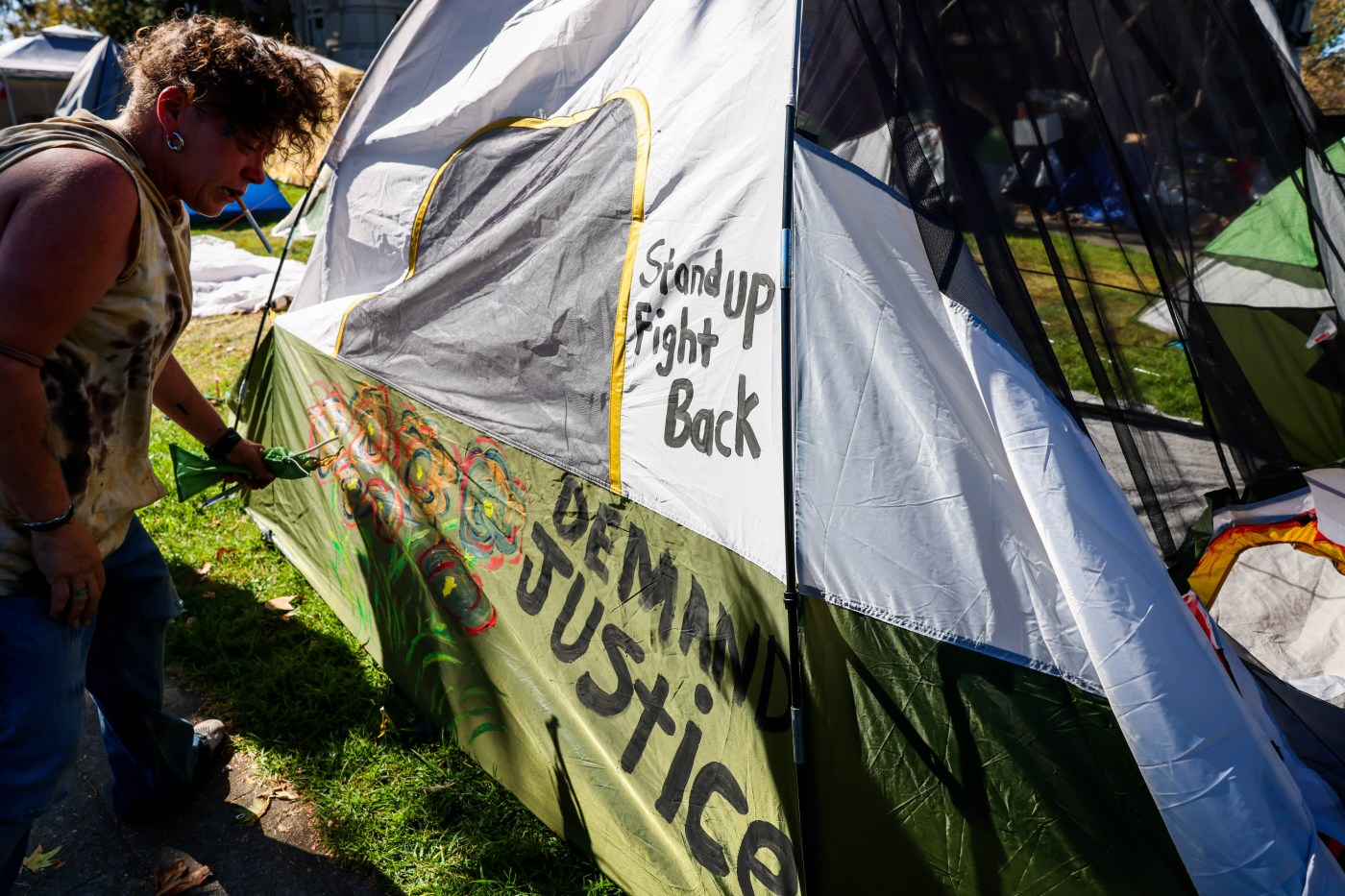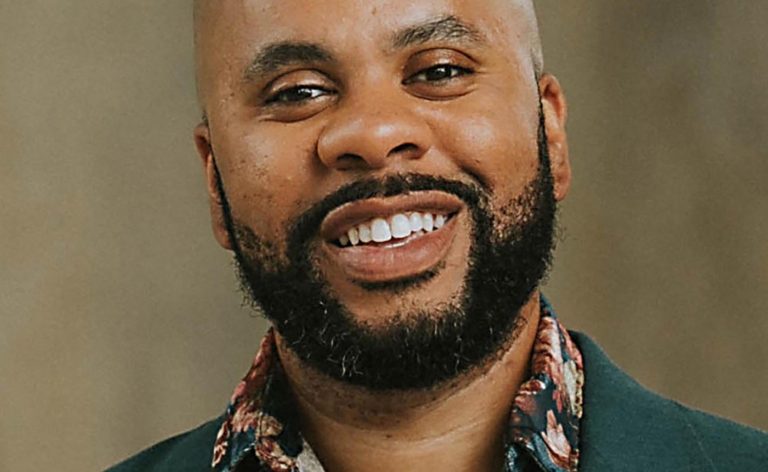BERKELEY — As Berkeley grapples with how to address homelessness, new faces vying to sit on the city council have weighed in on how they’d handle the divisive issue.
Running to replace Councilmember Sophie Hahn in District 5 are Todd Andrew, chair of the Solano Avenue Business Improvement District Advisory Board; Zoning Adjustment Board Member Shoshana O’Keefe, and Nilang Gor, an infectious and genetic diseases scientist.
Two other hopefuls are running to replace Councilmember Susan Wengraf in District 6 – small business owner Brent Blackaby and Andy Katz, a member of the East Bay Municipal Utility District Board of Directors.
An issue currently dividing the city is a new homeless encampment policy adopted by the council in September. The policy commits the city to offering shelter to homeless residents when possible but also allows staff to clear encampments without providing shelter if the site is deemed a public health or safety risk.
Those in favor of the policy are Andrew, Blackaby and Katz. Gor was the one candidate who said he would have voted against the proposal and O’Keefe did not provide a response for this story.
“The very first thing we should attempt is build trust and move people into a more stable housing situation,” Blackaby said. “That said, when there’s public health impacts — fire risks, serious nuisances that are being done to businesses and residents in the area — the city has an obligation to do something about that.”
Andrew, Blackaby, Katz and Gor all emphasized the importance of treating the city’s most vulnerable residents humanely by providing a variety of services that would help address underlying issues, including mental and general health, addiction and financial instability.
The money the city could spend on citations and sweeps would be better spent providing services and support, including expanding shelter beds and providing healthy meals, Gor said.
“Any human being wants to have a sanitary and safe place to live. I am not in favor of the idea that those people are trying to harm themselves and other people,” Gor said. “(Unsanitary and unsafe conditions) are the very conditions telling us those services are not funded enough.”
Speaking from the perspective of the business community, though, Andrew said many feel their needs have been sidelined by city officials for years. He said some of his colleagues have been attacked, harassed or robbed but saw few repercussions or little support given by the city.
Similar claims have been made against the city in a lawsuit brought by District 1 businesses which assert they have been hurting financially because the city has not adequately enforced existing laws.
Andrew, Blackaby and Katz said they see the new policy as an attempt by the city to balance the needs of everyone in the community while grappling with an extremely complex issue.
Related Articles
Pleasanton city manager says city needs Measure PP
Alameda councilmember found intoxicated, hospitalized during League of California Cities conference
Ranked-choice voting is expanding around the country — but in Oakland, it’s under attack
Berkeley councilmembers running for reelection in city divided over homelessness
Editorial: For Hayward City Council, keep Andrews, Zermeño, Goldstein, Bonilla
Prioritizing housing offers should continue to be Berkeley’s model, they said, while also asserting that the new policy would be applied in the most extreme cases and could possibly make service offers more appealing.
Like Gor, Katz said city resources need to be better spent. He hopes voters will approve Measure W, which would increase the city’s transfer tax rates on certain purchase amounts with the intent of better funding housing and homelessness programs.
“We should be getting smarter about how we are deploying those resources and looking at how we can provide more connected services that offer shelter in conjunction with services,” Katz said.
Berkeley can’t do it alone though, all four candidates agreed. The issue is regional and requires a regional approach from all levels of government. Improved data collection is also vital for overhauling how services are deployed, Andrew said.
“There are a lot of people out there who feel like they’ve already exhibited a lot of patience,” Andrew said. “We’ve got to hang in there for a little while and every city needs to do its job. Not just Berkeley, every city needs to do its job on this problem.”












